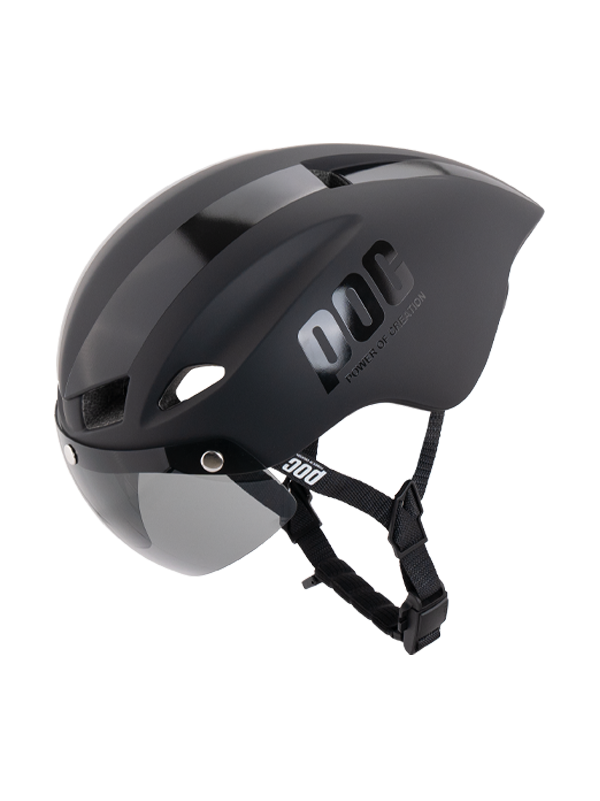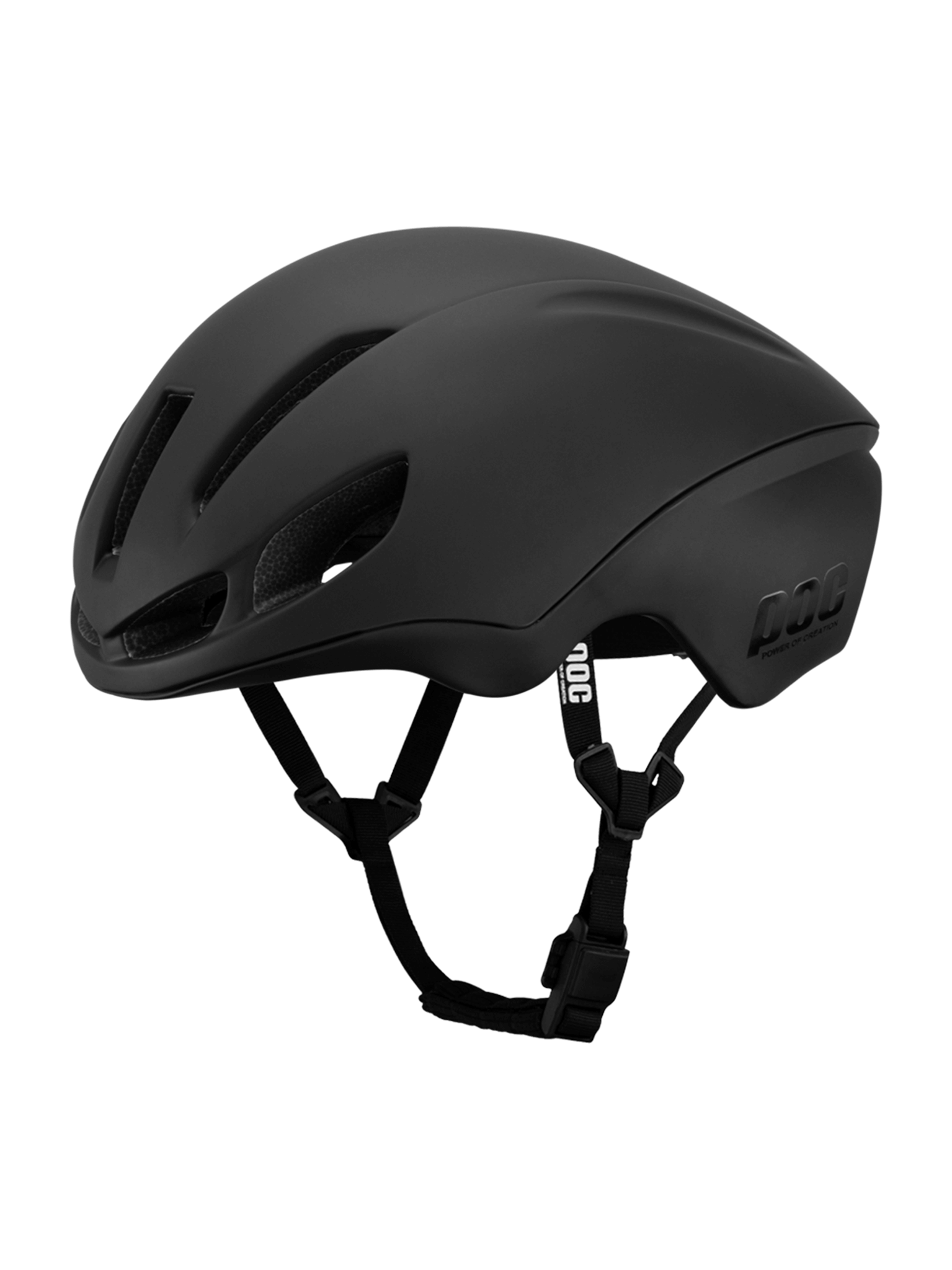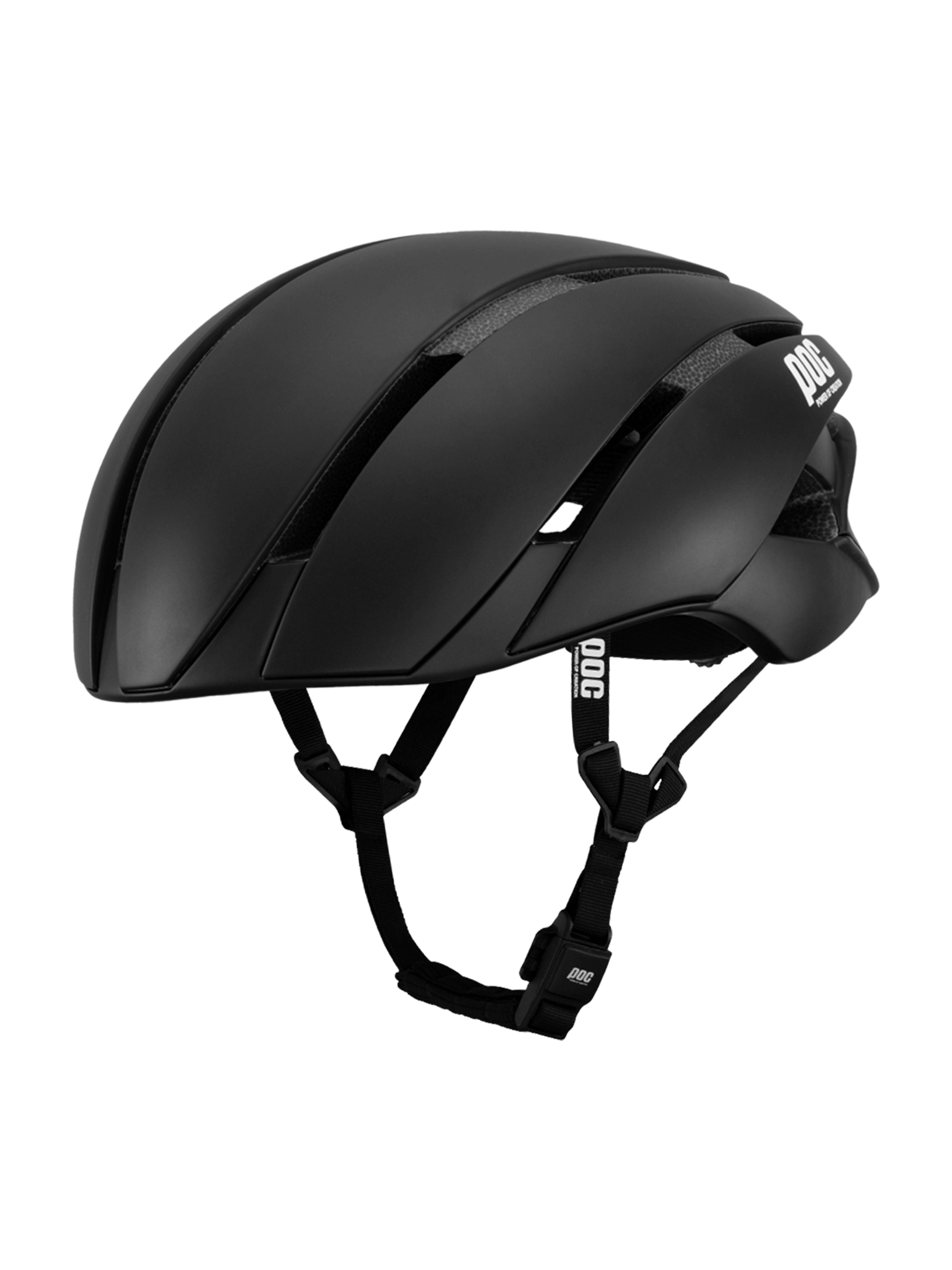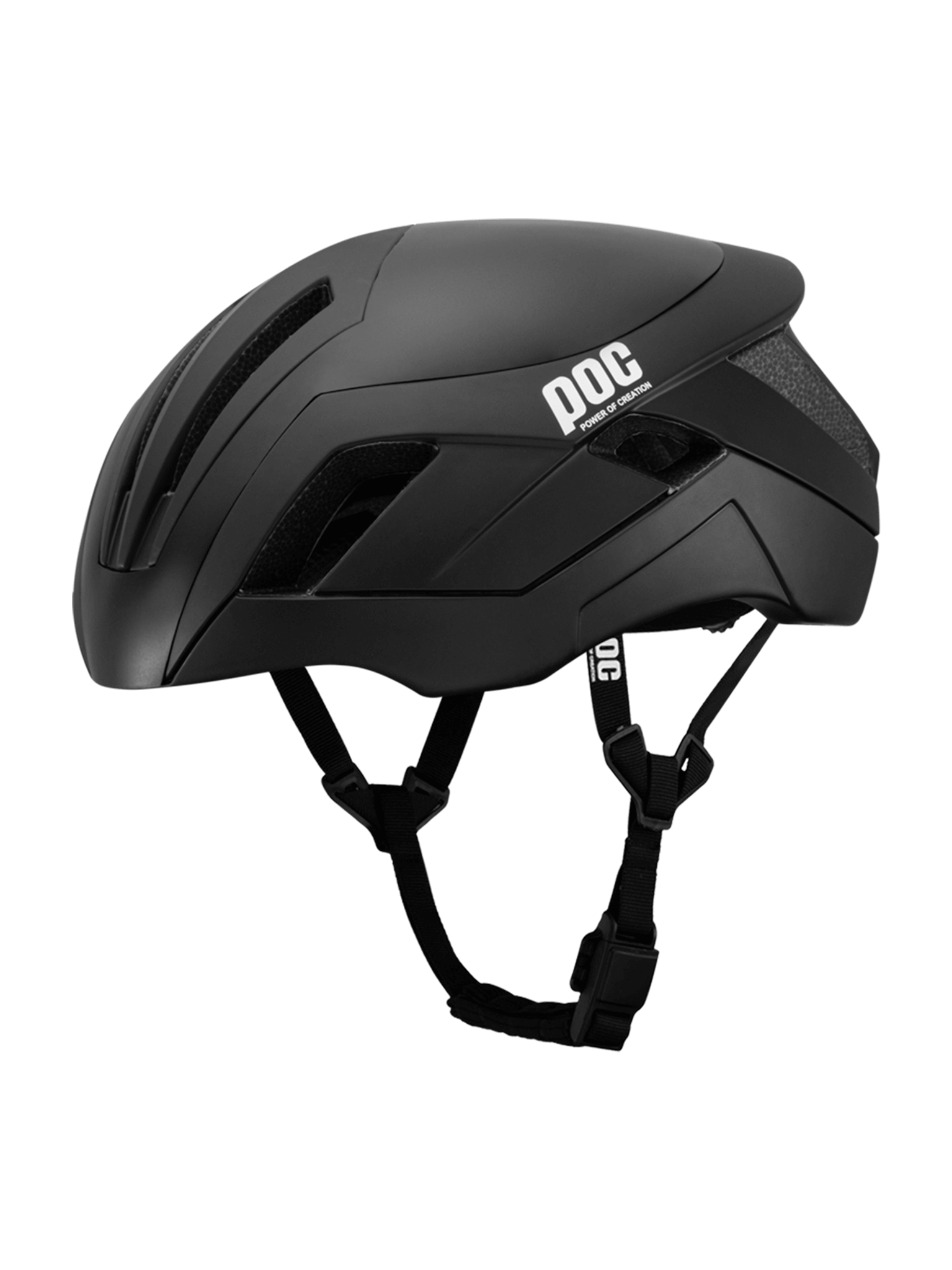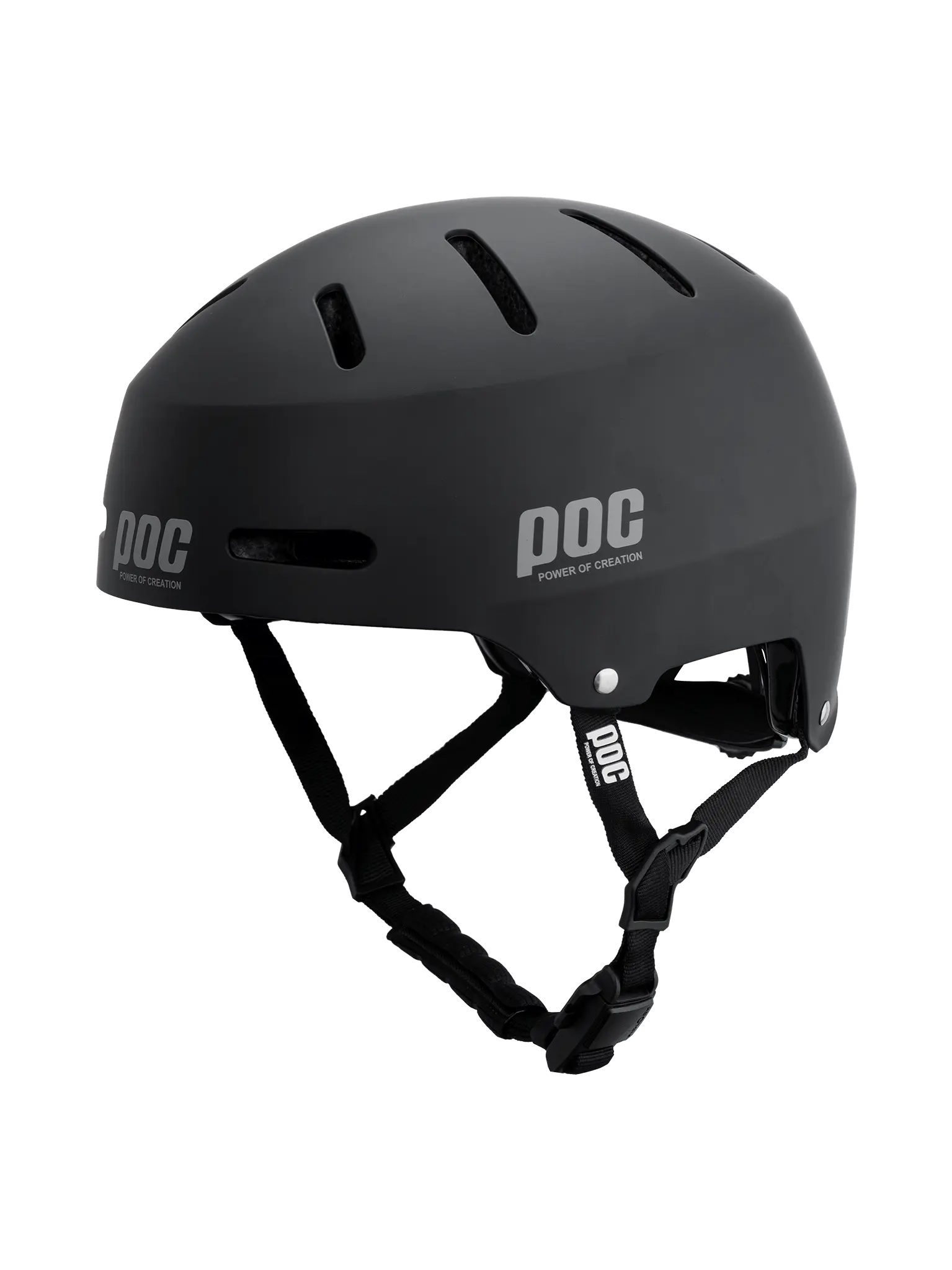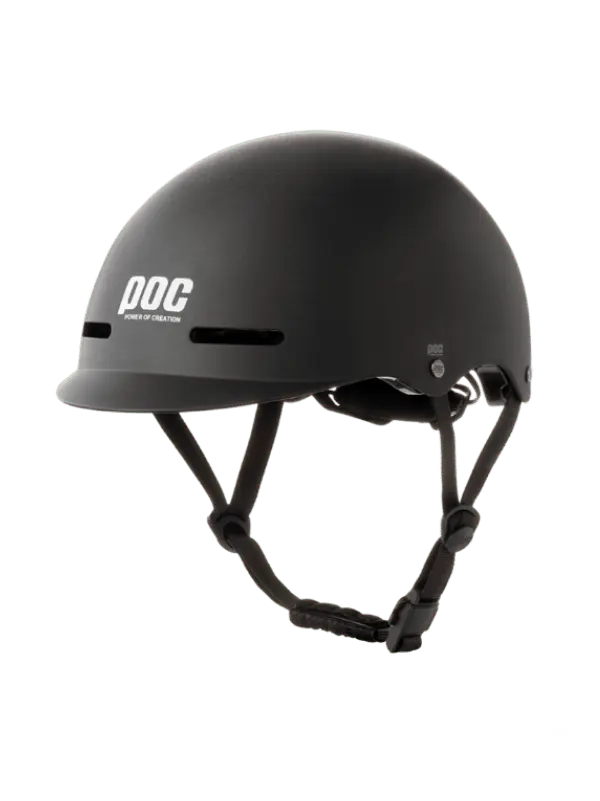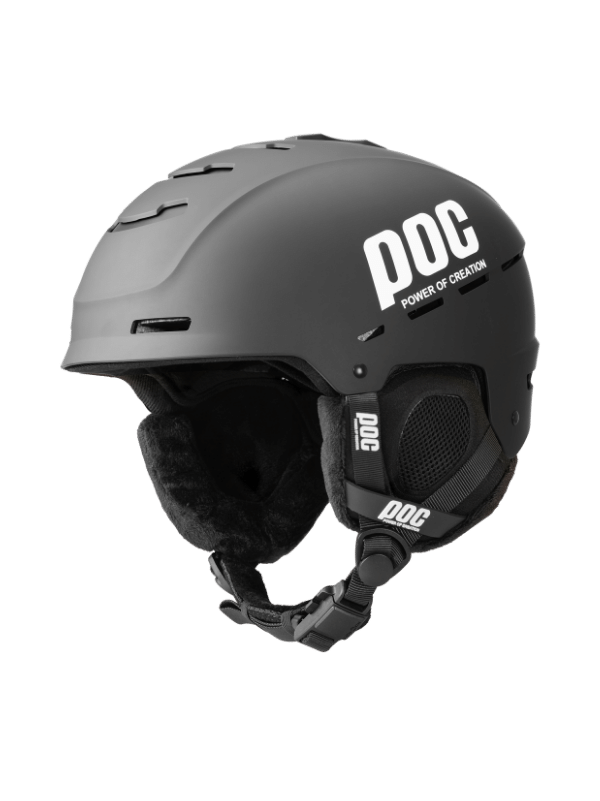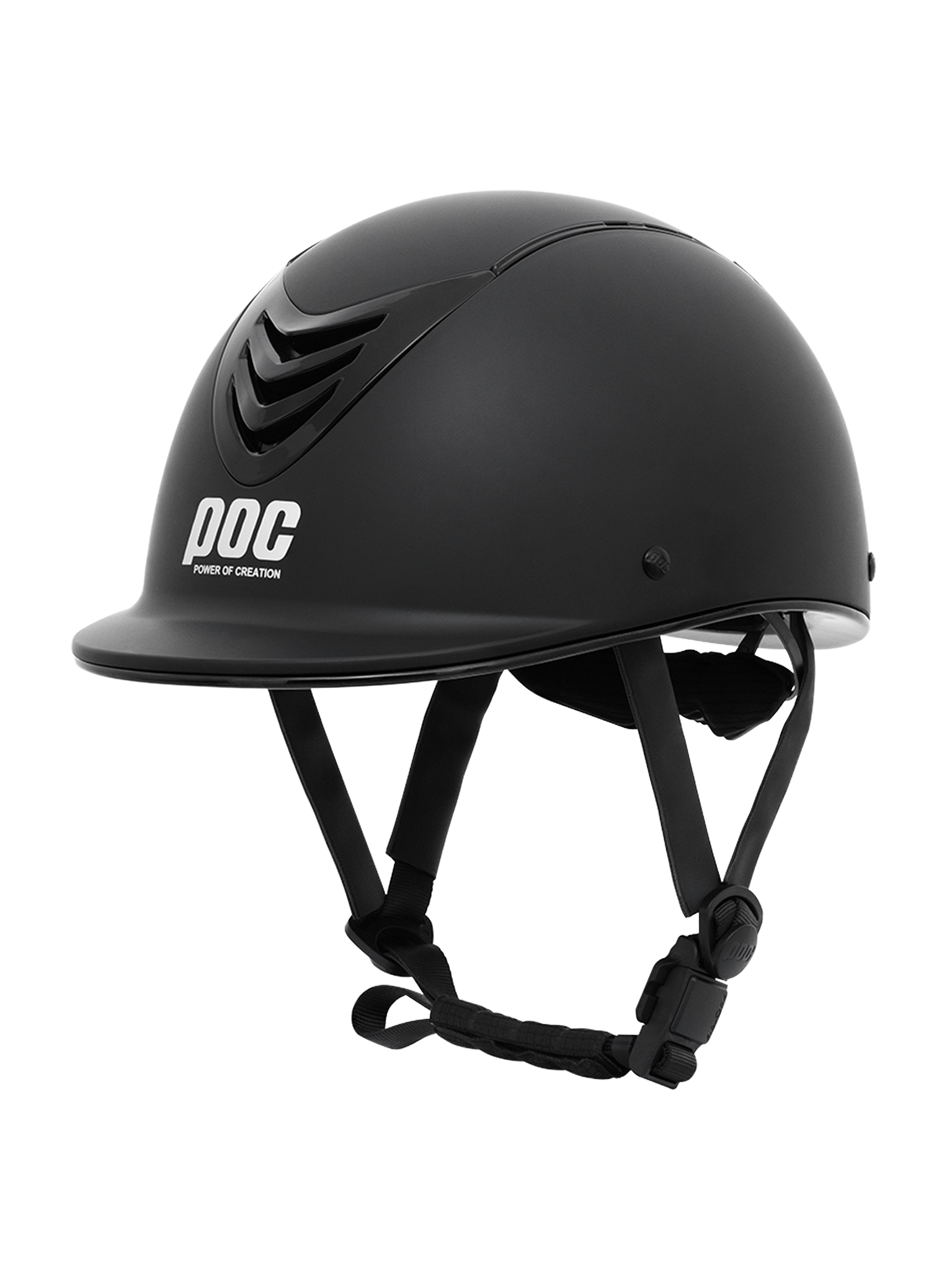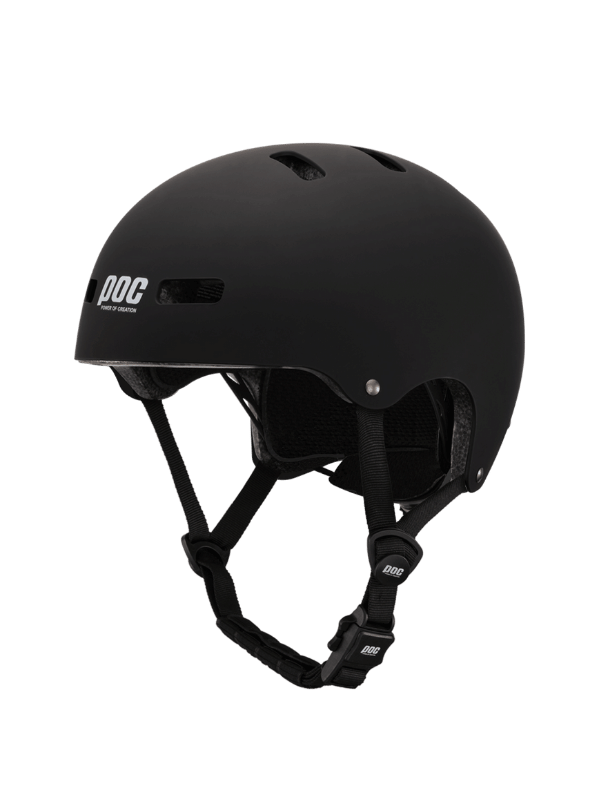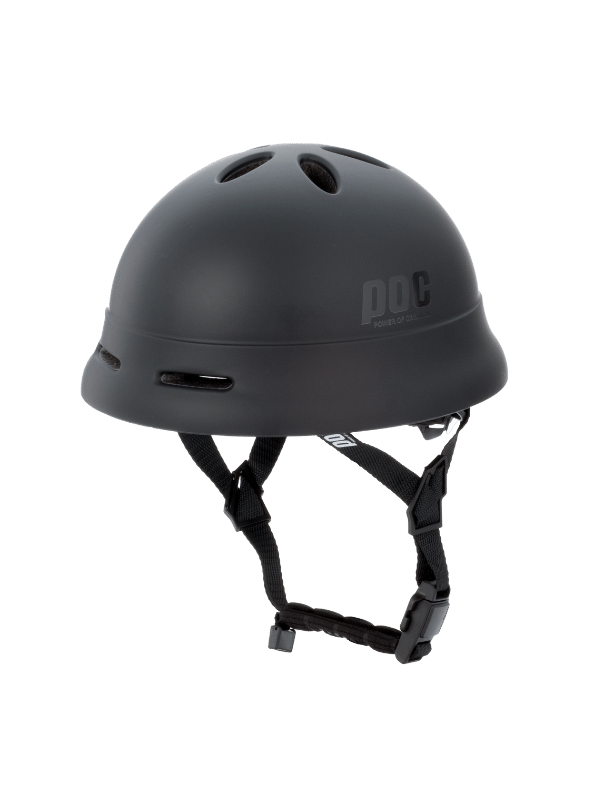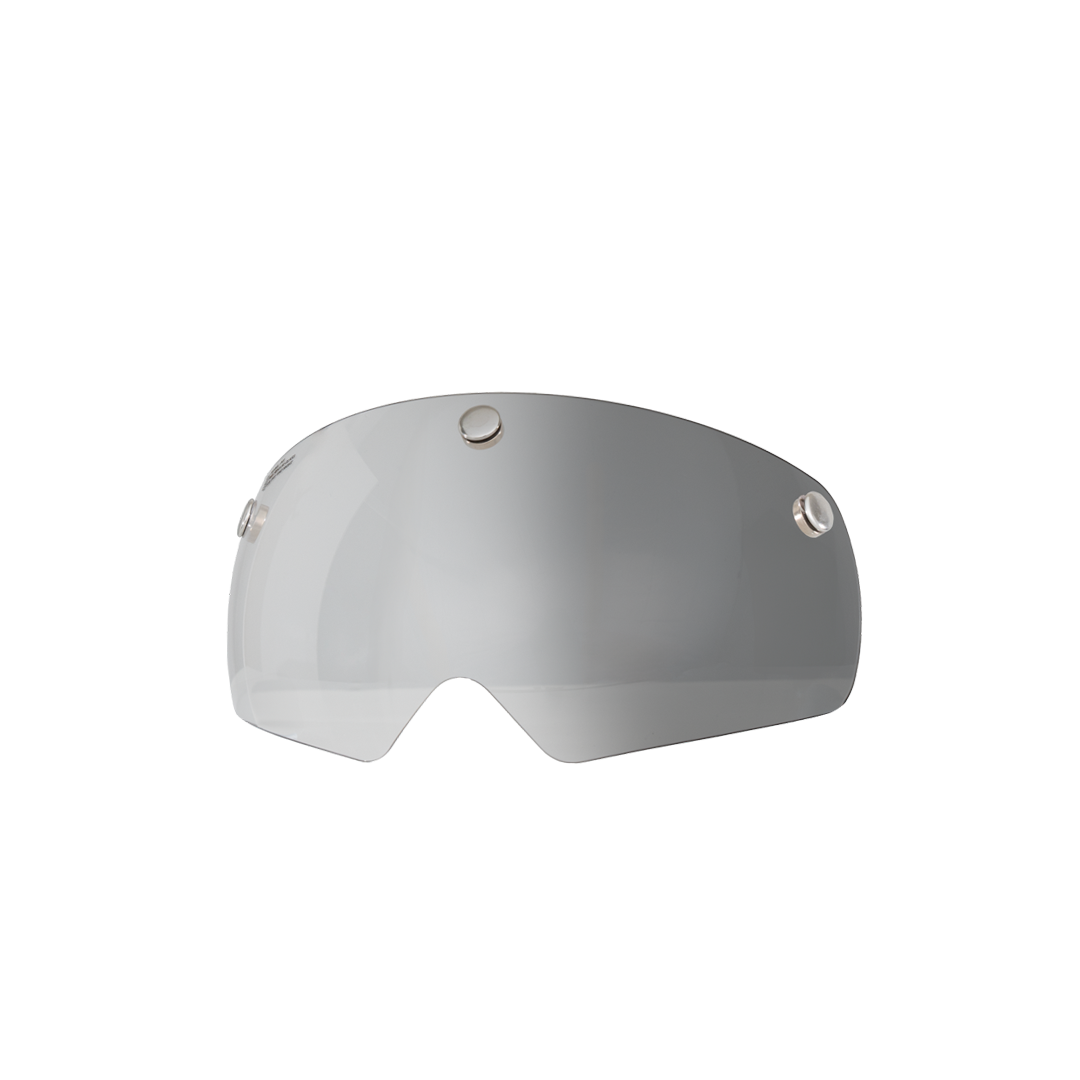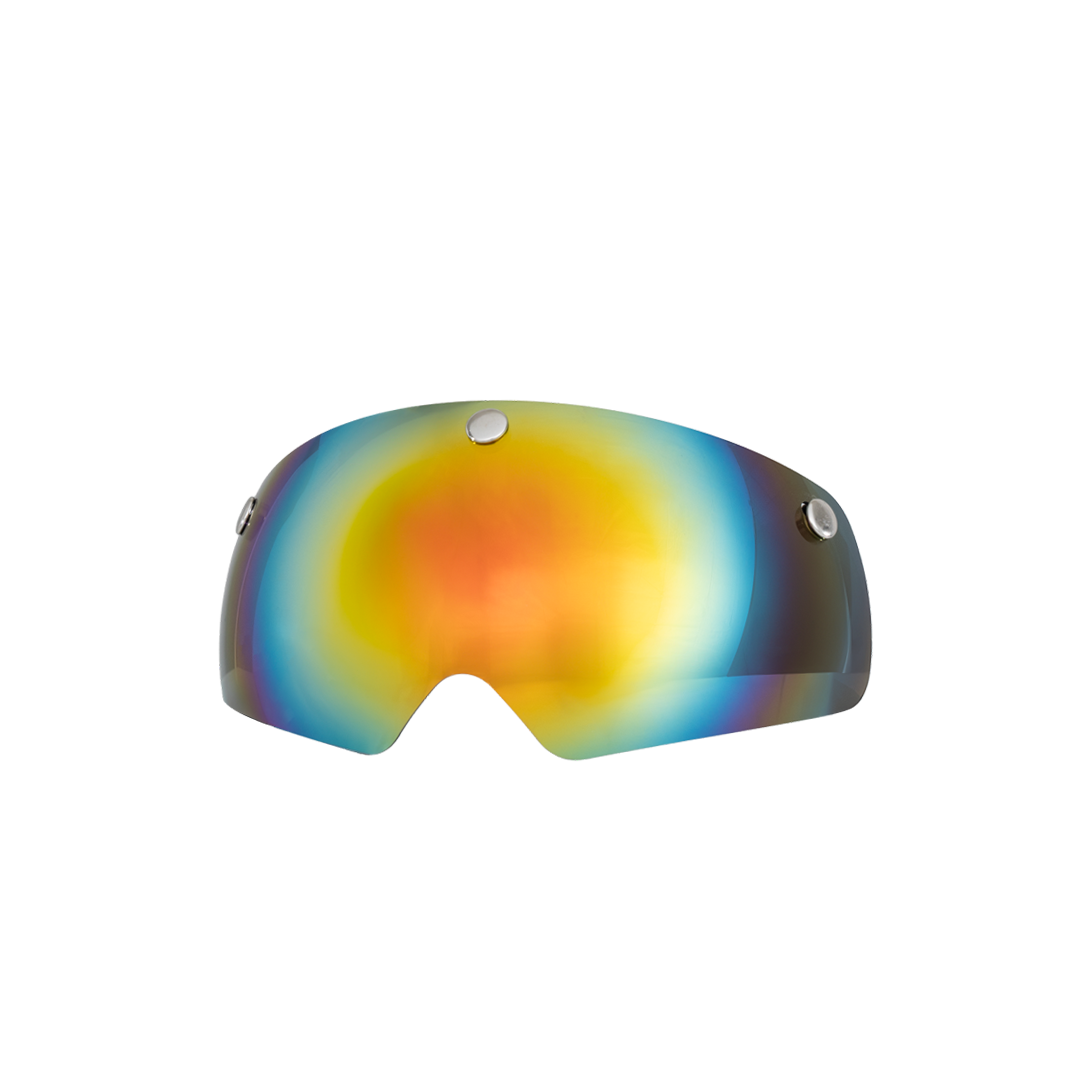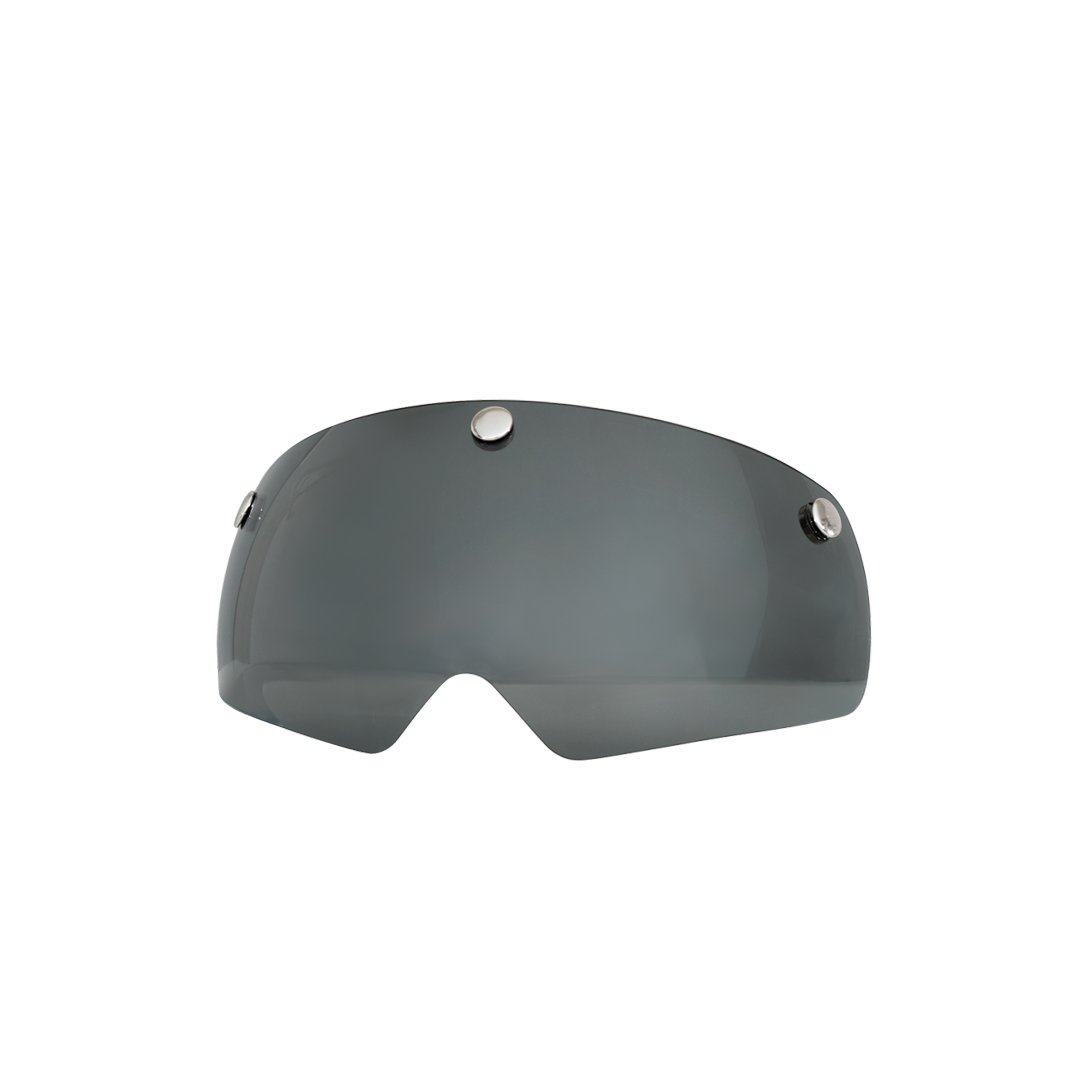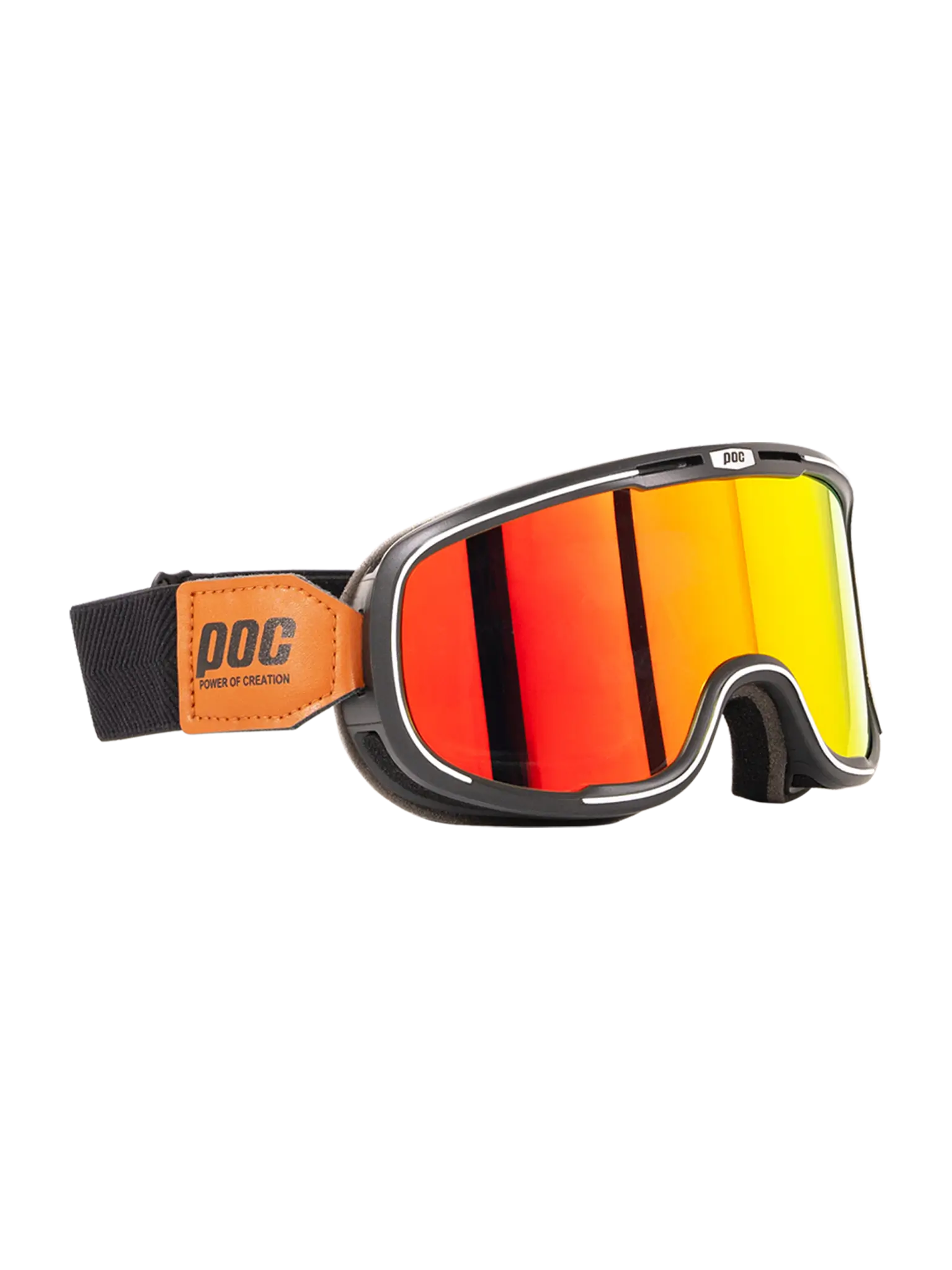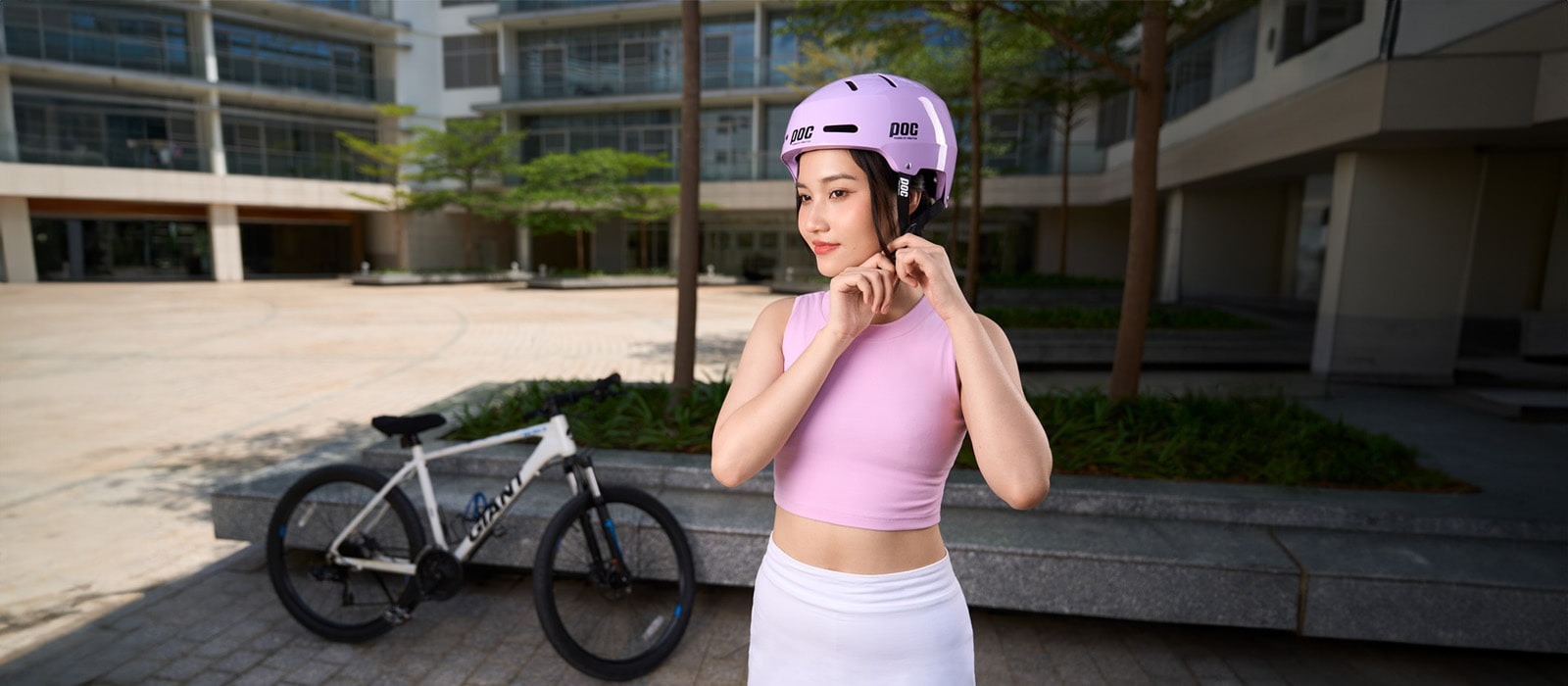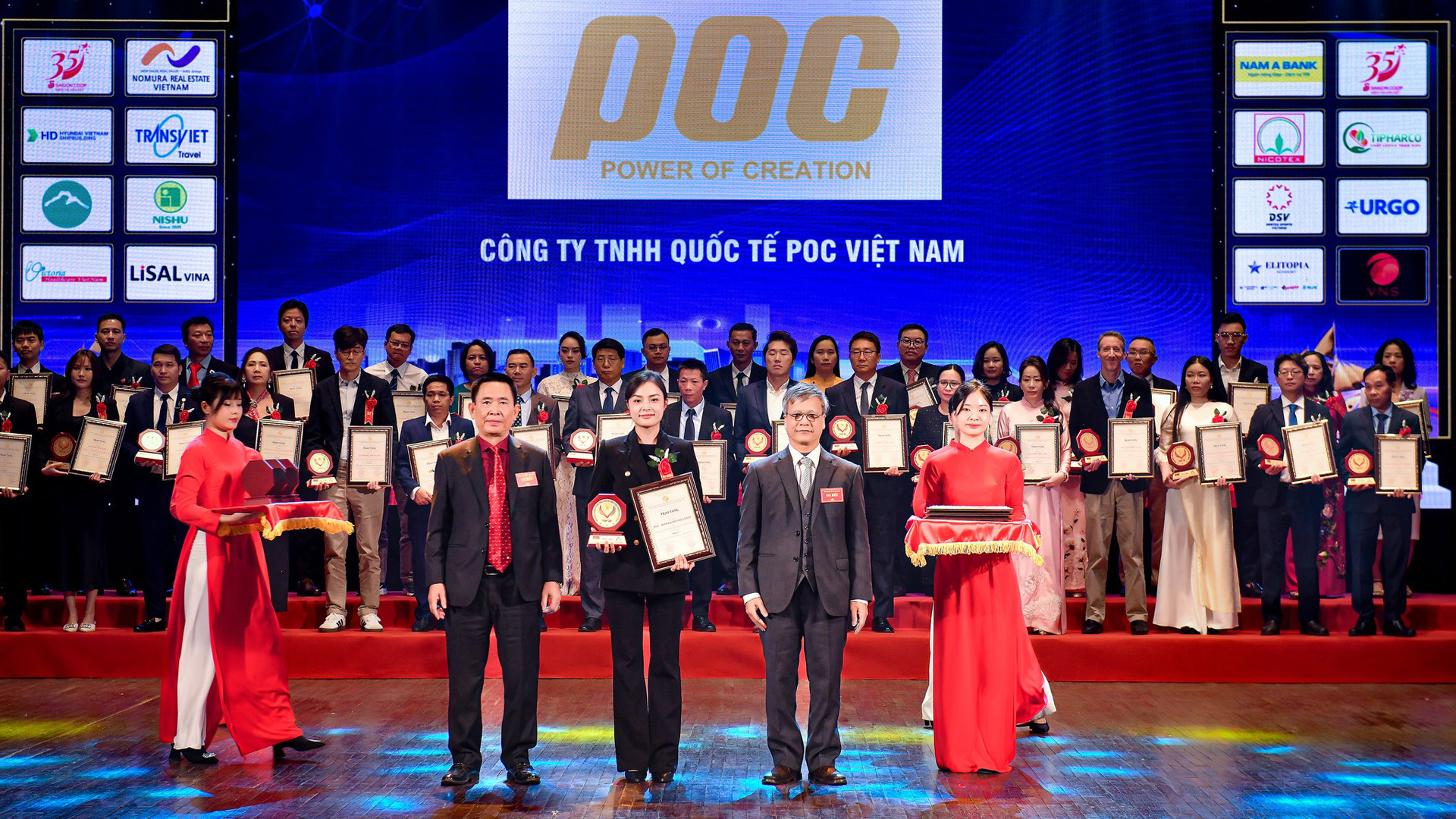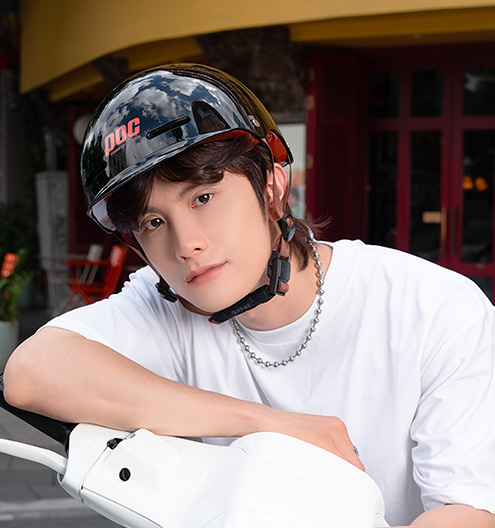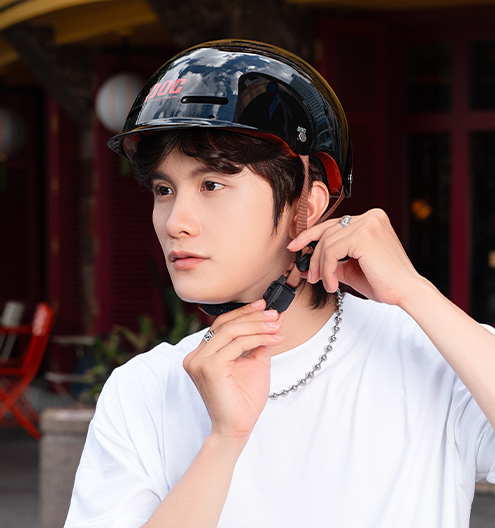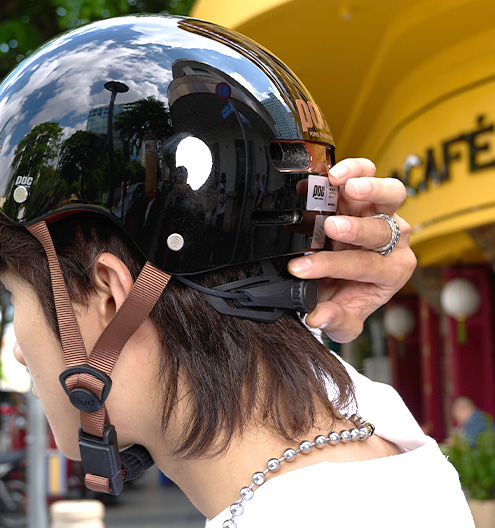
- Product
- News
- About POC
1. LIMITATIONS OF HELMETS
A helmet will not protect you from injury in all types of accidents. Even when wearing a helmet, low-speed accidents can still result in serious head injuries or even death.
A helmet provides partial or full protection. Studies have shown that you are safer wearing a helmet than not wearing one. However, helmets may not protect against spinal or neck injuries.
⚠️ WARNING:
– No helmet can protect the wearer from all impacts.
– We recommend choosing a helmet with the highest coverage for maximum protection.
– Wearing a helmet properly enhances its protective capability and reduces potential injuries.
– Ensure that your helmet fits snugly around your head and always fasten the buckle when in use.
– Any helmet that has been involved in an impact must be replaced, even if no visible damage is detected.
– Do not modify the original structure of the helmet or use a damaged helmet.
– To maintain hygiene and safety, the helmet liner should be cleaned regularly. Replace the liner every 6 months to 1 year, or sooner if signs of wear or damage appear.
2. HELMET AND USER GUIDE
Helmets are designed to reduce head injuries. To perform their function effectively, helmets must fit properly, be worn correctly, and be securely fastened.
1
WARNING
Read the user manual and all safety warnings carefully before using the helmet while riding.
2
WARNING
The stickers inside the helmet contain various instructions and warnings. Please read all the information carefully before use.
3
WARNING
Do not reuse a helmet that has been involved in an impact, as it may reduce its protective capability. In such cases, the helmet should be inspected and replaced.
3. INSTRUCTIONS fOR PROPER HELMETS WEARING
Our helmets come in a variety of styles and sizes designed to fit most people. However, it is important to choose a helmet that fits you properly-neither too loose nor too tight.
WARNING:
To achieve maximum protection, make sure your helmet is worn correctly. If the helmet does not fit properly, please exchange it for the correct size at one of our authorized retailers.
All instructions for use and adjustments should be followed while the helmet is properly positioned. Otherwise, the helmet may not fit correctly, which could cause it to shift out of place or fall off during an accident.
Wear a helmet correctly
Place the helmet flat on your head, about two finger widths above your eyebrows. Ensure the chin strap is evenly tightened, not twisted, and fits snugly.
Fasten the buckle correctly
Fasten the chin strap securely, ensuring it rests comfortably against your throat and fits snugly around both ears. Do not use a damaged buckle.
Correctly use the size adjustment knob
Adjust the sizing dial clockwise to tighten and counterclockwise to loosen the helmets.
Note: For helmets with visors, open the visor before putting on the helmet and performing the above steps
WARNING:
To utilize the helmet’s full functionality, you need to wear it correctly and position the strap under your chin, with the strap resting against your throat. The strap should fit comfortably around both ears.
Adjust the strap’s tension for a snug yet comfortable fit by pulling the strap end through the buckle to tighten or loosen as needed. Always wear the helmet with the chin strap securely fastened, pulled tight, and pressed against your throat.
The helmet is equipped with a fit adjustment system to help stabilize the helmet in the correct position while you ride.
4. CHECK tHE hELMETS fIT
When properly adjusted, the helmet will surround your head and fit snugly with firm but comfortable pressure.
After securely fastening the buckle, proceed with the following checks to ensure your helmet is worn correctly:
– Grip the helmet firmly with both hands and rotate the helmet from side to side. If the helmet moves easily, check and tighten the rear adjustment dial. Simultaneously adjust the helmet straps.
– Move the helmet forward and backward to determine if it fits properly. If the helmet movement obstructs your vision, readjust the helmet straps and the rear adjustment dial.
WARNING:
For maximum protection, this helmet must be worn correctly, fit properly, and be securely fastened according to the instructions.
The helmet must always be fastened when riding to ensure it does not fall off or fly off while riding or in a collision.
Check the fit and adjust regularly each time5. HELMET CLEANING INSTRUCTIONS
Use only water, mild soap, and a soft cloth to clean the helmet’s shell, visor, and liner. Helmets can be damaged by exposure to highly corrosive substances or certain solvents.
1
WARNING
High temperatures (above 1100F, 430 C) can melt the helmet shell. Do not store the helmet near heat sources. Do not use if the helmet shell has melted or deformed.
2
WARNING
The protective capability of the helmet will gradually decrease over time, depending on various factors such as: Improper storage, proximity to heat sources, hazardous chemicals,...
3
WARNING
The lifespan of a helmet may be less than 2-3 years due to exposure to sunlight or improper storage. It is recommended to replace the helmet after 2-3 years.
6. POC HELMETS WARRANTY POLICY
If within 1 year, the buyer discovers a product defect determined by the manufacturer during normal use and maintenance, we will choose appropriate warranty options: Repair or replacement.
In the event of a warranty claim, the buyer must contact the retail store where the product was purchased or our hotline. Additionally, provide necessary information about the reason for the defect and proof of purchase date. This includes returning the product to the manufacturer for inspection, warranty, and repair.WARNING:
We reserve the right to refuse warranty for products determined to be due to intentional physical impact, abuse, improper repair, modification, or use contrary to the manufacturer’s intended purpose.
WARRANTY SERVICE EVALUATION
★★★★★ 5/5"Very satisfied with the quality of the POC P22 motorcycle helmet product. Warranty service was fast and on schedule. Will support again if the opportunity arises."
Nguyễn Hoàng Tiến★★★★★ 5/5"Service is okay. The helmet fits snugly, feels comfortable for extended wear without head stuffiness. Will purchase other POC models for further experience."
Nguyễn Thu Hương★★★★★ 5/5“Cool and airy, many models, many colors. For those who like personality, choose P01, if not, choose P05 like me! Overall, worth the money from product to service.”
Trương Viết LợiSUCCESSPOC Helmet will contact you soon! - News
